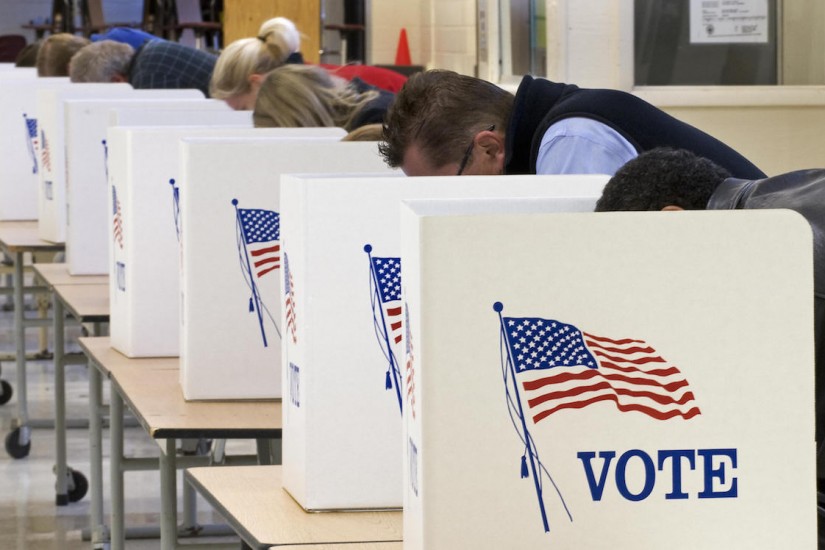Sean Illing The men who drafted the Constitution made a deliberate choice to not establish voting as a fundamental right. Is that the biggest mistake they made?
Allan Lichtman I think so. Voting, even to this day, is not guaranteed like other basic rights, such as freedom of speech, or the right to petition, or the right to a jury trial. And this mistake by the framers was compounded by subsequent constitutional amendments, because all of those amendments are defined in negative terms.
Sean Illing Can you explain what you mean by “negative terms”?
Allan Lichtman I mean the amendments are phrased in terms of what states can’t do. For example, states can’t deny the right to vote according to race, or age, or gender. But none of these amendments established any kind of an affirmative right to vote. So our right to vote today is on very fragile grounds, and although we don’t have the flagrant acts of voter suppression we had in the past, there are still many subtle and powerful forms of denying people the right to vote, which I’d argue is the right that grounds all other rights.
Sean Illing The framers understood that voting was the basis of every other political right, so why not enshrine it into the Constitution?
Allan Lichtman They had a very restrictive 18th-century view of voting. In fact, they believed that voting should be restricted to those who held property or, at a minimum, paid taxes. Only those persons of means — in those days, white men — in their view had the independence and the strength of mind to vote wisely and correctly. So the real debate was not over whether there should be a constitutional right to vote but over whether they should put into the Constitution economic qualifications for voting. They decided not to because they didn’t want to infringe on the discretion of the states. Because they knew that to get the Constitution established, three-quarters of the states at minimum had to ratify it, so they defaulted to the states when it came to voting rights.
